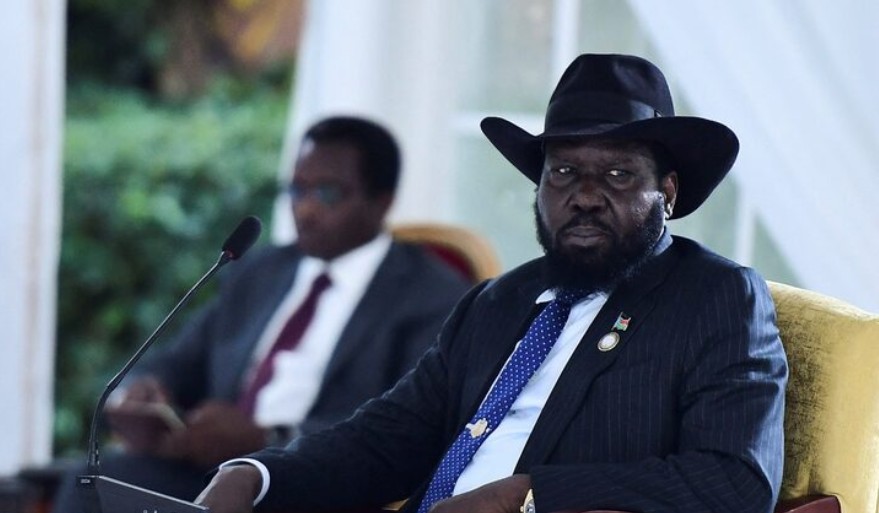
South Sudan has officially declared the Kenyan-led Tumaini Peace Initiative defunct, months after the process was quietly suspended amid mounting tensions and deepening mistrust between the Juba government and newly incorporated opposition groups.
- South Sudan has officially announced the termination of the Kenyan-led Tumaini Peace Initiative.
- South Sudan raised concerns over financial transparency and the creation of a military wing by opposition groups abroad.
- Government representatives criticized Tumaini for undermining the Revitalised Agreement on the Resolution of the Conflict in South Sudan (R-ARCSS).
Tumaini undermines existing peace deal – Juba
Speaking on behalf of the South Sudanese government delegation, Presidential Advisor Kuol Manyang Juuk criticised the Tumaini Initiative for straying from its original mandate and attempting to sideline the existing Revitalised Agreement on the Resolution of the Conflict in South Sudan (R-ARCSS), signed in 2018.
“The R-ARCSS has not been dissolved, so it cannot be replaced by the Tumaini,” Juuk told reporters. “Eighty per cent of what Tumaini quotes is already part of the R-ARCSS. The remaining 10 per cent was not included in the original deal for good reason, you add the few to the majority, not the other way round.”
DON’T MISS THIS: Anti-Nigerian tensions ease in Ghana following bilateral talks
The Tumaini Initiative was launched in December 2023 at the request of President Salva Kiir and with Kenya’s support. It aimed to reinvigorate South Sudan’s stalled peace efforts by involving newly formed opposition movements, including the United People’s Alliance. However, Juba now claims the initiative has legitimised rebellion and undermined a functioning peace framework.
Accusations of political subversion
Juuk further accused Tumaini backers of seeking to “do away with the R-ARCSS so Tumaini can take over, and they come in as the new authority of the land.” He said those involved were once part of government and could not now disown policies they had participated in shaping.
He also raised concerns about the financial integrity of exiled opposition leaders. “Some of them are living lavishly abroad—renting or buying villas. Where is that money coming from if not looted from South Sudan when they were in power?” he alleged.
One of the Tumaini Initiative’s central proposals was the creation of a Leadership Council to serve as the apex body of governance, a suggestion Juuk dismissed as a veiled attempt at a coup.
“That’s a coup by another name. Accepting such a model would set a dangerous precedent of political blackmail,” he warned. “Anyone can now gather five supporters, move to Nairobi, and demand peace talks as a new rebel group.”
He disclosed that South Sudan had officially protested to Kenya over reports that the United People’s Alliance had formed a military wing while operating from within Kenyan borders, a move he described as contrary to East African Community (EAC) norms.
“You can’t allow anyone claiming a dispute with the government to gain legitimacy through rebellion. So it’s dead. Tumaini is dead,” he stated firmly.
DON’T MISS THIS: Controversy grows as DRC targets protected lands for massive oil and gas exploration
The Tumaini talks were adjourned for the third time on 7 February 2025, without any concrete resolutions. Initially hailed as a bold intervention by Kenyan President William Ruto to revive a faltering peace process, after frustrations with the Italy-based Sant’Egidio talks, the Tumaini Initiative now appears to have collapsed under the strain of mutual suspicion and political infighting.
Kenya has not yet issued an official response to South Sudan’s declaration.












